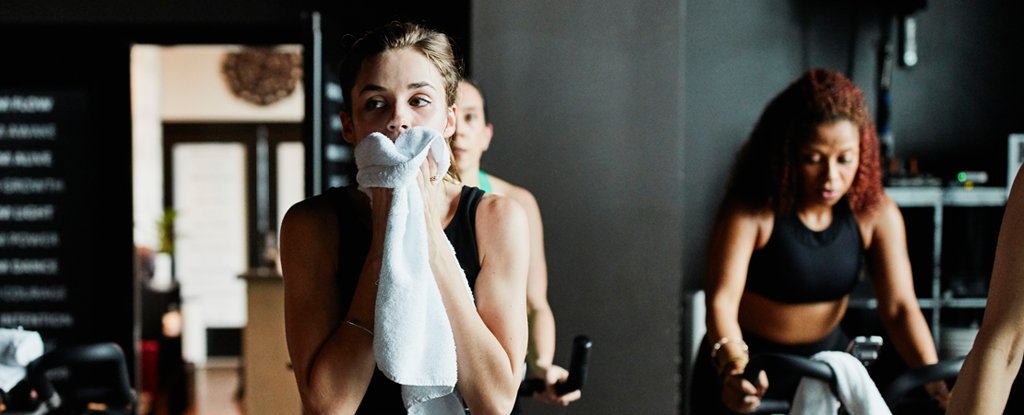
It can be intimidating if you're new to the gym or returning after a long break. "gymtimidation" is a term to describe the feeling of nervousness that many people feel when they think about going.
One survey found that as many as half of Americans had experienced gymtimidation, while another found that one in four women felt it.
There are a number of reasons why people don't go to the gym, including fear of being judged by other people, believing they might not be able to do certain exercises properly, and being worried about how they compare to other gym-goers.
Many people see the gym as an intimidating place and that's one of the main reasons for "gymtimidation". They might not know what they're doing there, or they might feel uncertain about what they encounter there.
There are a few simple things you can do to get over your intimidation, even if you're facing a new situation.
Eliminating uncertainty.
Uncertainty is linked with emotions like fear and anxiety, so people like predictability. We can make ourselves better able to deal with uncertain environments if we can learn to minimize feelings of uncertainty.
People with low self-efficacy may feel nervous about going to the gym for the first time. Self-efficacy is the belief that we have the ability to succeed in a particular situation. It's key to human motivation and plays a big role in almost everything we do.
It makes us less likely to try something if we don't think we'll be able to do it. Many people feel intimidated about going to the gym.
Even before you make your first gym visit, you can work around these feelings.
If you want to enjoy your workout, plan exercises that you can master quickly. If the gym is busy or a machine is in use, it may be worth including some alternative moves or exercises you can swap in.
Look at the equipment and the layout to get a feel for it. If you find sources or videos online that show you how the equipment works, you can better prepare yourself for what you will see before your first workout. Booking a one-to-one with a staff member or personal trainer on your first day may help.
To plan your workouts in advance, find a training routine online or speak to a personal trainer. It will help you know what machines and areas of the gym you'll need during your visit, as well as give you a chance to practice your moves ahead of time.
Consider attending an exercise class. It may be beneficial for your mental health to be surrounded by other people who are similar to you.
At first, attend during off-peak periods. If there are fewer people in the gym, you may feel less nervous.
Expect anxiety and nerves. Everyone feels the same, even people who have been attending for a long time. One way to manage nerves is by practicing a form of meditation called "mindfulness", which involves focusing on being present in the moment and not having thoughts or feelings. It may help you to move past your anxiety.
It is possible to leave the gym with a sense of accomplishment and success if you are prepared. This feeling will help you associate positive feelings with the gym. You will be more likely to stick with it.
Jenny Meggs is a lecturer at Lancaster University.
This article is free to use under a Creative Commons license. The original article should be read.